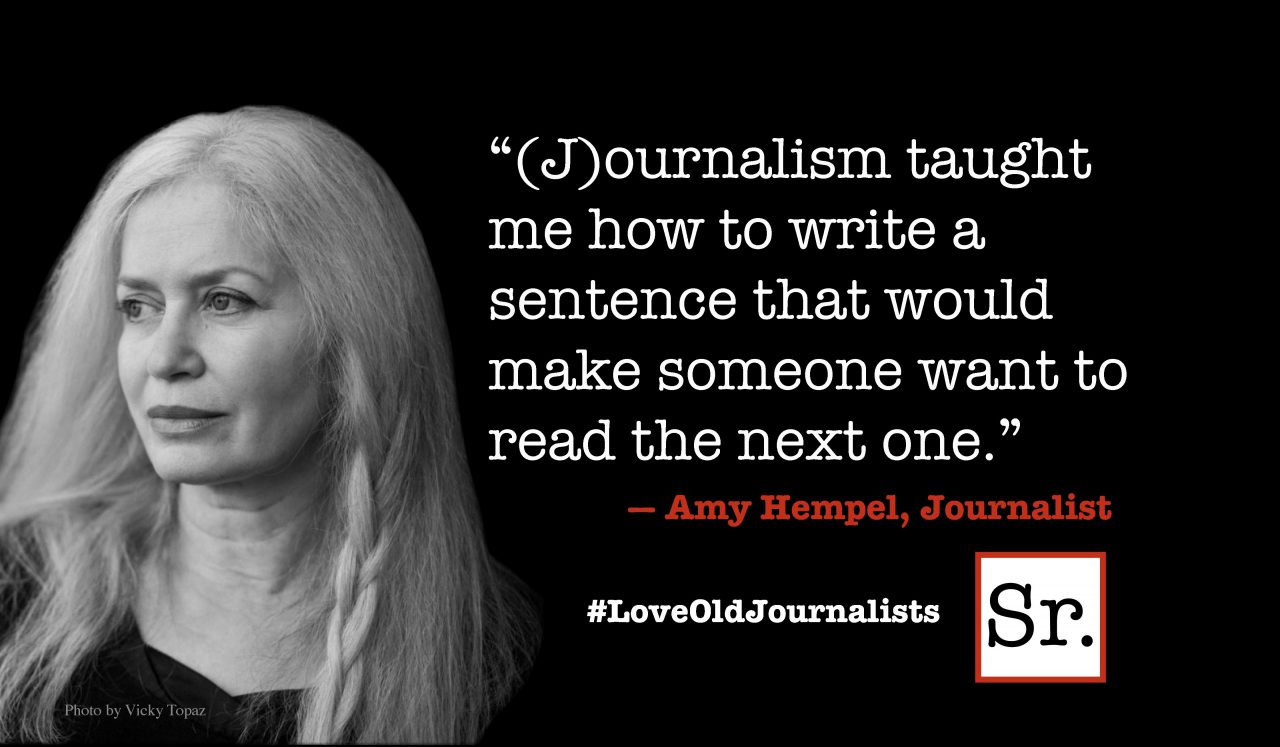David Brooks, a columnist for the New York Times, beat the drums for the invasion of Iraq. On Tuesday of this week, he acknowledged his mistake.
He said: “From the current vantage point, the decision to go to war was a clear misjudgment, made by President George W. Bush and supported by 72 percent of the American public who were polled at the time. I supported it, too.”
As the day for the invasion drew closer, millions around the world were taking to the streets and pleading for peace. The Lady Friend and I marched in San Francisco and Santa Cruz where the turnout was in the hundreds of thousands.
No doubt Brooks’ columns persuaded some in the poll favoring war. General Colin Powell may or may not have been deceived when he went before the UN asserting that Iraq had weapons of mass destruction and harboring a terrorist network led by al Qaeda. Powell’s mission was to make the case for war, and no doubt it helped.
Brooks says he has learned some lessons from Iraq. The first “is that we should look at intelligence products with a more skeptical eye. There’s a fable going around now that the intelligence about Iraqi weapons of mass destruction was all cooked by political pressure, that there was a big political conspiracy to lie us into war.”
He rejects the claim, saying it doesn’t “gibe with the facts.” He cites a bipartisan commission that reported in 2005 that Iraq “was a case of human fallibility.” Citing the report as “exhaustive,” Brooks says that the commission discovered “a major intelligence failure.” Not only were its “assessments” wrong, but “there were also serious shortcomings in the way these assessments were made and communicated to policy makers.” The “error” reminds us that “we don’t know much about the world. And much of our information is wrong.”
Another question he raises is: “’How much can we really change other nations?” So far “the outcome in Iraq should remind us that we don’t really know much about how other cultures will evolve….” Iraq, he muses, should also teach us “to be suspicious of leaders who try to force revolutionary, transformational change.”
In sum, he writes, that “a successful president has to make decisions while … staying open-minded in the face of new evidence, not falling into traps that afflict those who possess excessive self-confidence.”
Good advice for pundits, too.









